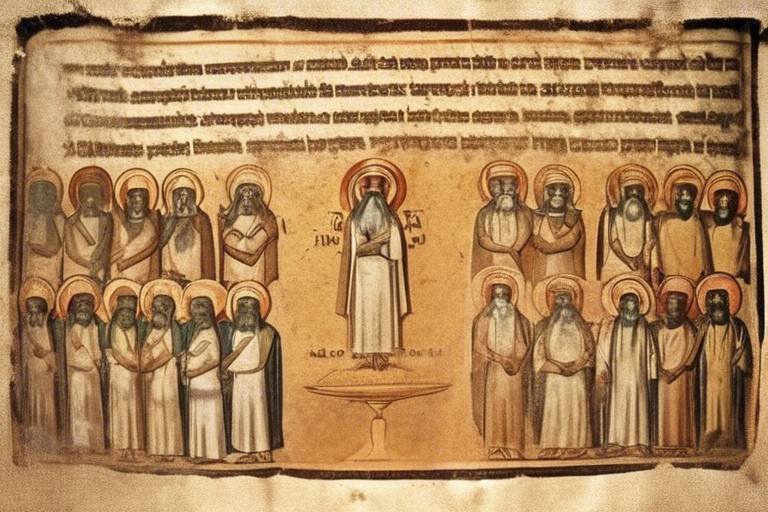The Legacy of the Ancient Greek City-States
The legacy of the Ancient Greek city-states is a tapestry woven with threads of political innovation, cultural brilliance, military prowess, economic ingenuity, social complexity, architectural magnificence, philosophical depth, and artistic splendor. These city-states, each a unique entity with its own character and identity, collectively left an indelible mark on history that continues to shape the world today.
At the heart of the Ancient Greek city-states were their diverse political systems. From the birthplace of democracy in Athens to the oligarchies and tyrannies that dotted the landscape, these systems laid the groundwork for modern governance and political philosophy. The debates, decisions, and dilemmas faced by these early city-states resonate through the corridors of power to this day.
The cultural contributions of the Ancient Greek city-states are a treasure trove of artistic expression and intellectual exploration. From the epics of Homer to the tragedies of Sophocles, from the sculptures of Praxiteles to the architecture of Pericles, these city-states were crucibles of creativity that continue to inspire and awe.
Military strategies honed in the crucible of conflict defined the Ancient Greek city-states. The phalanx formation, the naval tactics, the strategic brilliance displayed in battles against formidable foes like the Persian Empire – these were the building blocks of Western military tradition, etched in the annals of history with blood and valor.
Economic practices in the Ancient Greek city-states were the beating heart of their prosperity. Trade routes crisscrossed the Aegean, agriculture flourished in the fertile lands, craftsmanship reached heights of skill and artistry. The foundations of modern economic principles were laid in the agora, the marketplace where goods, ideas, and dreams were exchanged.
Social structures in the Ancient Greek city-states were intricate tapestries of citizenship, metic status, and slavery. These structures shaped the daily lives, relationships, and aspirations of the people, creating a web of obligations and privileges that defined the fabric of society.
The architectural achievements of the Ancient Greek city-states stand as testaments to human ingenuity and vision. The Parthenon, the Acropolis, the temples and theaters that dotted the landscape – these were not just buildings, but expressions of a civilization's values, beliefs, and aspirations carved in stone and marble.
Philosophical ideas born in the bustling agora and the tranquil groves of Academia continue to echo through the corridors of thought. Socrates' questioning, Plato's dialogues, Aristotle's logic – these were the foundations on which Western philosophy was built, pillars of wisdom that still guide seekers of truth and meaning.
Artistic expressions in the Ancient Greek city-states captured the beauty, the myths, and the humanity of the world around them. Sculptures that breathed life, pottery that told stories, paintings that evoked emotions – these were not just artworks, but windows into a world where creativity knew no bounds.
The lasting impact of the Ancient Greek city-states is a living legacy that transcends time and borders. Their innovations in politics, art, philosophy, and culture continue to shape our world, influencing everything from the way we govern ourselves to the way we perceive beauty and truth.
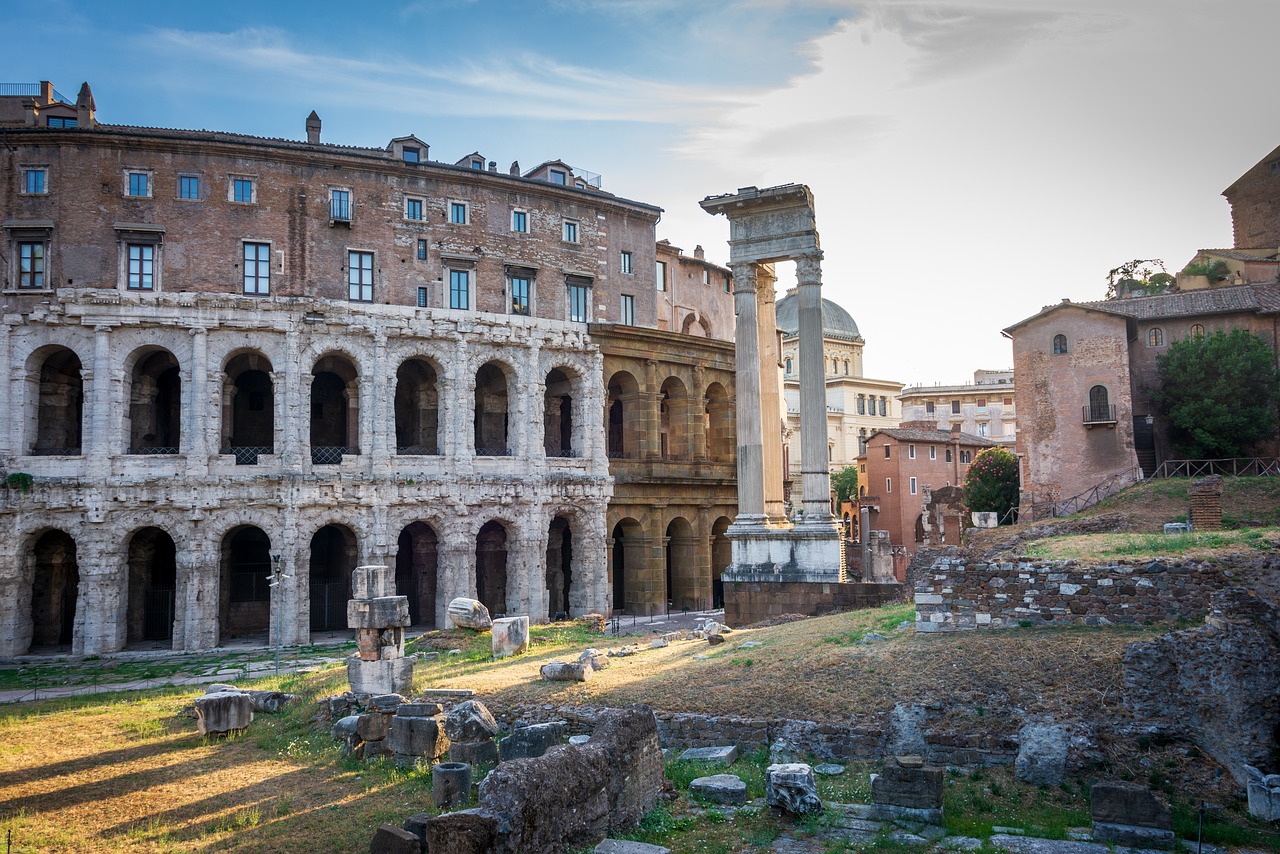
Political Systems
Topics to be discussed in the article include the political systems, cultural contributions, military strategies, economic practices, social structures, architectural achievements, philosophical ideas, artistic expressions, and lasting impact of the Ancient Greek city-states.
Ancient Greek city-states were known for their diverse political systems, ranging from democracies like Athens to oligarchies and tyrannies. These systems played a crucial role in shaping the foundations of modern democratic governance and political philosophy. The city-states served as laboratories of experimentation, testing various forms of government to determine the most effective ways to govern a society.
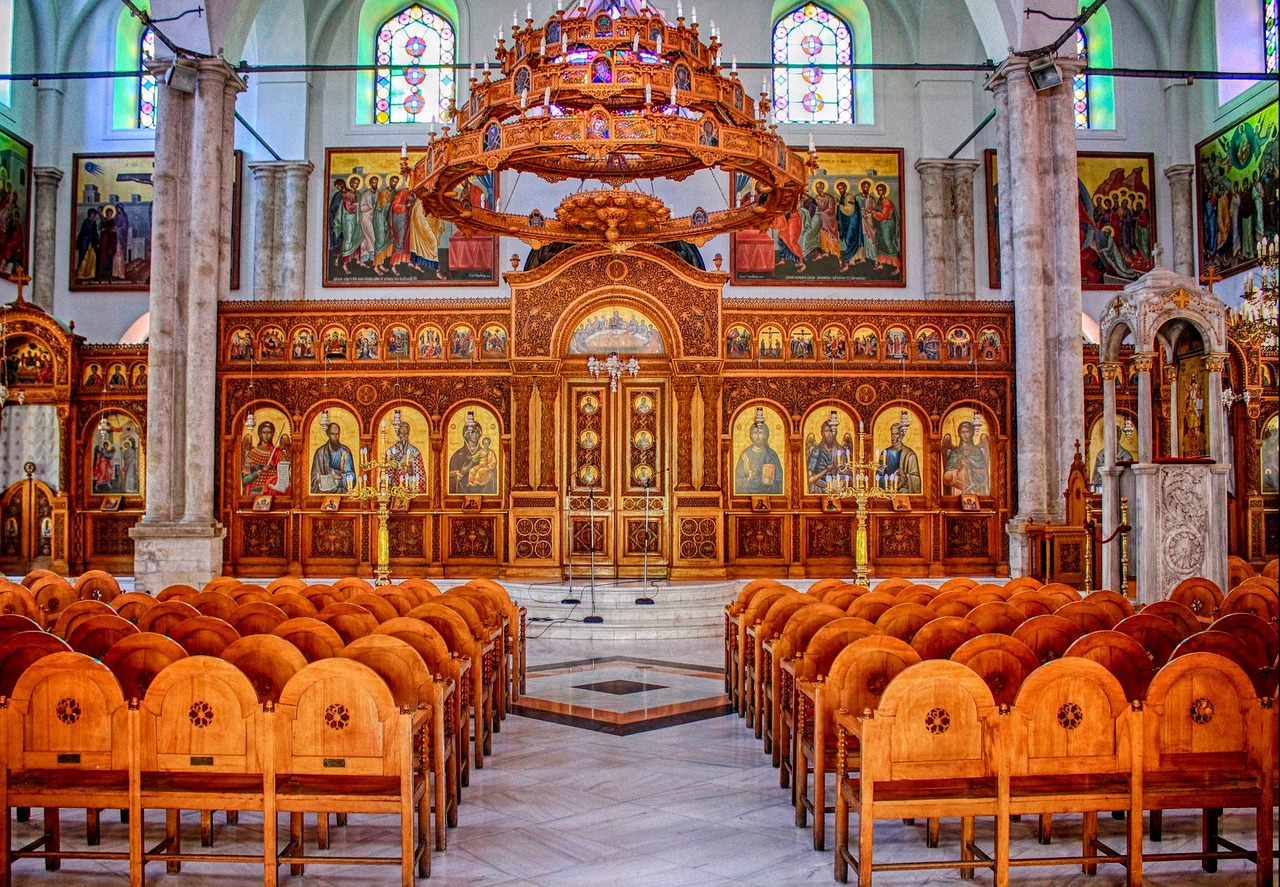
Cultural Contributions
Topics to be discussed in the article include the political systems, cultural contributions, military strategies, economic practices, social structures, architectural achievements, philosophical ideas, artistic expressions, and lasting impact of the Ancient Greek city-states.
The political systems of Ancient Greek city-states were diverse, ranging from democracies like Athens to oligarchies and tyrannies. These systems laid the foundation for modern democratic governance and political philosophy.
Ancient Greek city-states made significant cultural contributions in various fields. Their literature, drama, poetry, and music were renowned for their depth and creativity. These artistic achievements, such as pottery, sculpture, and architecture, continue to influence Western art and culture.
The military strategies of Ancient Greek city-states, particularly the phalanx formation and naval tactics, revolutionized warfare. These strategies were instrumental in victories against powerful adversaries like the Persian Empire.
The economic practices of Ancient Greek city-states included trade, agriculture, and craftsmanship. Their use of currency, marketplaces, and banking systems laid the groundwork for modern economic principles and practices.
Social structures in Ancient Greek city-states were hierarchical, with citizens, metics, and slaves occupying distinct roles. These structures influenced social norms, values, and interactions within the community.
The architectural achievements of Ancient Greek city-states, exemplified by the Parthenon and other temples, showcased advanced engineering and design. These structures continue to inspire architects and builders around the world.
Ancient Greek city-states were hubs of philosophical thought, with thinkers like Socrates, Plato, and Aristotle shaping Western philosophy. Their ideas on ethics, politics, metaphysics, and logic remain foundational in intellectual discourse.
Artistic expressions in Ancient Greek city-states encompassed sculpture, pottery, and painting, reflecting themes of beauty, mythology, and human form. These artistic traditions set standards for creativity and aesthetics in the ancient world.
The legacy of Ancient Greek city-states endures in modern politics, art, philosophy, and culture. Their innovations and achievements continue to shape contemporary society, influencing everything from governance to education to aesthetics.
Stay tuned for the Frequently Asked Questions section coming soon!

Military Strategies
Topics to be discussed in the article include the political systems, cultural contributions, military strategies, economic practices, social structures, architectural achievements, philosophical ideas, artistic expressions, and lasting impact of the Ancient Greek city-states.
The political systems of Ancient Greek city-states were diverse, ranging from democracies like Athens to oligarchies and tyrannies. These systems laid the foundation for modern democratic governance and political philosophy.
Ancient Greek city-states made significant cultural contributions in literature, drama, poetry, and music. Their artistic achievements, such as pottery, sculpture, and architecture, continue to influence Western art and culture.
The military strategies of Ancient Greek city-states, particularly the phalanx formation and naval tactics, revolutionized warfare. These strategies were instrumental in victories against powerful adversaries like the Persian Empire.
The economic practices of Ancient Greek city-states included trade, agriculture, and craftsmanship. Their use of currency, marketplaces, and banking systems laid the groundwork for modern economic principles and practices.
Social structures in Ancient Greek city-states were hierarchical, with citizens, metics, and slaves occupying distinct roles. These structures influenced social norms, values, and interactions within the community.
The architectural achievements of Ancient Greek city-states, exemplified by the Parthenon and other temples, showcased advanced engineering and design. These structures continue to inspire architects and builders around the world.
Ancient Greek city-states were hubs of philosophical thought, with thinkers like Socrates, Plato, and Aristotle shaping Western philosophy. Their ideas on ethics, politics, metaphysics, and logic remain foundational in intellectual discourse.
Artistic expressions in Ancient Greek city-states encompassed sculpture, pottery, and painting, reflecting themes of beauty, mythology, and human form. These artistic traditions set standards for creativity and aesthetics in the ancient world.
The legacy of Ancient Greek city-states endures in modern politics, art, philosophy, and culture. Their innovations and achievements continue to shape contemporary society, influencing everything from governance to education to aesthetics.
Ancient Greek city-states were renowned for their innovative military strategies that reshaped the course of warfare. The phalanx formation, a tightly packed infantry formation with overlapping shields and long spears, was a hallmark of Greek military tactics. This formation provided a strong, impenetrable front, allowing Greek soldiers to advance as a unified force, overpowering their enemies with disciplined coordination and sheer force.
Furthermore, Greek naval tactics, especially during the Peloponnesian War, demonstrated their mastery of the sea. The trireme, a fast and maneuverable warship propelled by rowers, became a symbol of Greek naval power. With skilled sailors and strategic maneuvers, Greek fleets secured crucial victories and dominance over rival maritime forces.
These military innovations not only ensured the survival of individual city-states but also enabled them to expand their influence and defend against external threats. The strategic brilliance of Greek military commanders and the adaptability of their tactics left a lasting mark on the history of warfare, influencing military thinking for centuries to come.

Economic Practices
Topics to be discussed in the article include the political systems, cultural contributions, military strategies, economic practices, social structures, architectural achievements, philosophical ideas, artistic expressions, and lasting impact of the Ancient Greek city-states.
The political systems of Ancient Greek city-states were diverse, ranging from democracies like Athens to oligarchies and tyrannies. These systems laid the foundation for modern democratic governance and political philosophy.
Ancient Greek city-states made significant cultural contributions in literature, drama, poetry, and music. Their artistic achievements, such as pottery, sculpture, and architecture, continue to influence Western art and culture.
The military strategies of Ancient Greek city-states, particularly the phalanx formation and naval tactics, revolutionized warfare. These strategies were instrumental in victories against powerful adversaries like the Persian Empire.
Ancient Greek city-states engaged in various economic practices that shaped their society. Trade, agriculture, and craftsmanship were integral parts of their economy. They utilized currency, marketplaces, and banking systems to facilitate transactions and economic growth.
The city-states had a well-established system of trade routes that connected them to other regions, enabling the exchange of goods and ideas. Agriculture played a crucial role in their economy, with fertile lands producing a variety of crops that sustained the population.
Craftsmanship was highly valued in Ancient Greek society, with skilled artisans creating goods ranging from pottery to intricate metalwork. These crafts were traded both locally and internationally, contributing to the prosperity of the city-states.
Social structures in Ancient Greek city-states were hierarchical, with citizens, metics, and slaves occupying distinct roles. These structures influenced social norms, values, and interactions within the community.
The architectural achievements of Ancient Greek city-states, exemplified by the Parthenon and other temples, showcased advanced engineering and design. These structures continue to inspire architects and builders around the world.
Ancient Greek city-states were hubs of philosophical thought, with thinkers like Socrates, Plato, and Aristotle shaping Western philosophy. Their ideas on ethics, politics, metaphysics, and logic remain foundational in intellectual discourse.
Artistic expressions in Ancient Greek city-states encompassed sculpture, pottery, and painting, reflecting themes of beauty, mythology, and human form. These artistic traditions set standards for creativity and aesthetics in the ancient world.
The legacy of Ancient Greek city-states endures in modern politics, art, philosophy, and culture. Their innovations and achievements continue to shape contemporary society, influencing everything from governance to education to aesthetics.
Coming soon...

Social Structures
Exploring the rich history of the Ancient Greek city-states unveils a tapestry of political innovation, cultural brilliance, military prowess, economic ingenuity, social hierarchies, architectural marvels, philosophical enlightenment, artistic expressions, and a lasting impact that resonates through the annals of time.
Within the Ancient Greek city-states, social structures were intricately woven, defining the roles and interactions of individuals within the community. Citizens, comprising free-born men with political rights, held a privileged position in society. Metics, or resident foreigners, contributed to the economy but lacked political rights. Slaves, at the lowest rung, were considered property and performed various tasks for their owners. This hierarchical system shaped the norms, values, and dynamics of Ancient Greek society, influencing everything from governance to daily life.
1. How did social classes in Ancient Greek city-states impact daily life?
2. What were the rights and responsibilities of citizens in Ancient Greek society?
3. How did the institution of slavery function within Ancient Greek city-states?
4. What role did metics play in the economic and social fabric of Ancient Greek communities?
5. How did social structures in Ancient Greek city-states compare to other ancient civilizations?
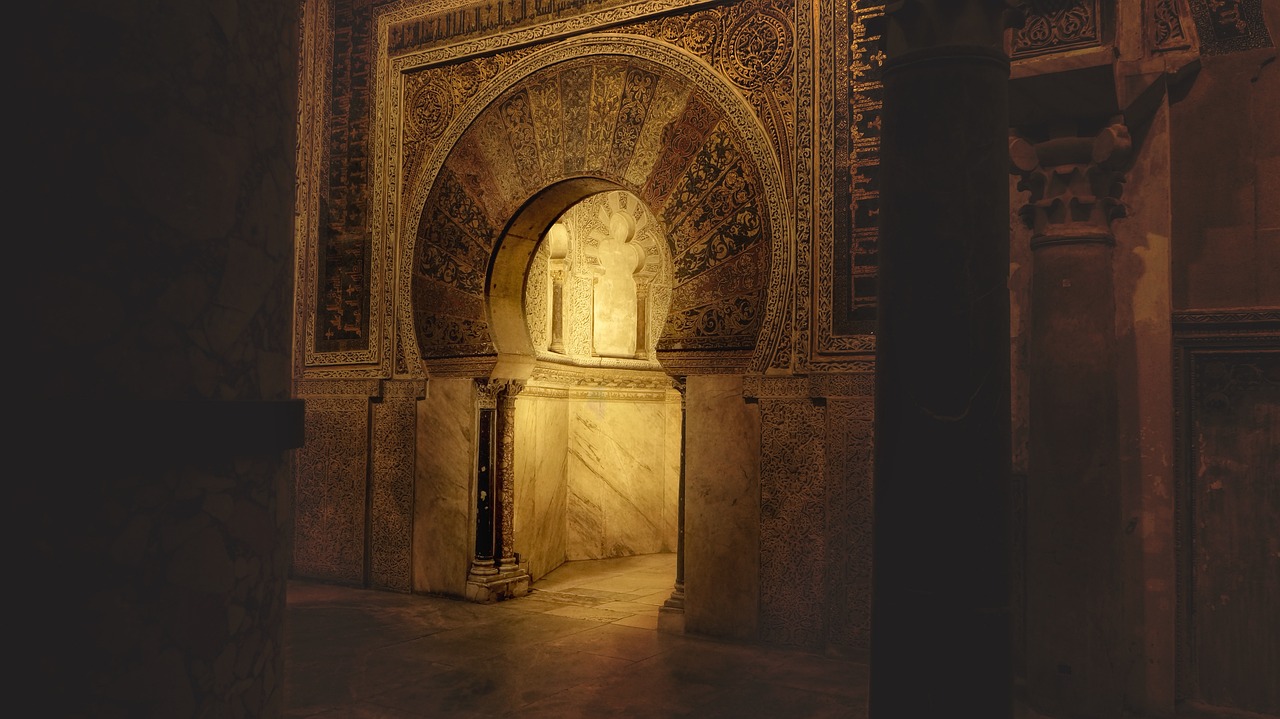
Architectural Achievements
The architectural achievements of the Ancient Greek city-states stand as a testament to their ingenuity and advanced engineering skills. One of the most iconic structures that exemplify their architectural prowess is the Parthenon, a temple dedicated to the goddess Athena in Athens. The Parthenon's design, with its Doric columns and intricate friezes, continues to inspire architects and artists worldwide, showcasing the Greeks' mastery of proportion and aesthetics.
Aside from the Parthenon, other temples and public buildings in Ancient Greek city-states also displayed remarkable architectural features. These structures were characterized by their use of columns, pediments, and entablatures, creating a harmonious blend of form and function. The Greeks' attention to detail and symmetry in their architectural designs set new standards for beauty and balance in construction.
Moreover, the Ancient Greek city-states were pioneers in urban planning, creating well-organized cities with public spaces, marketplaces, and theaters. The layout of these cities, such as the agora in Athens, reflected the Greeks' emphasis on civic life and community interaction. The architectural achievements of the Greek city-states not only served practical purposes but also conveyed cultural and societal values.
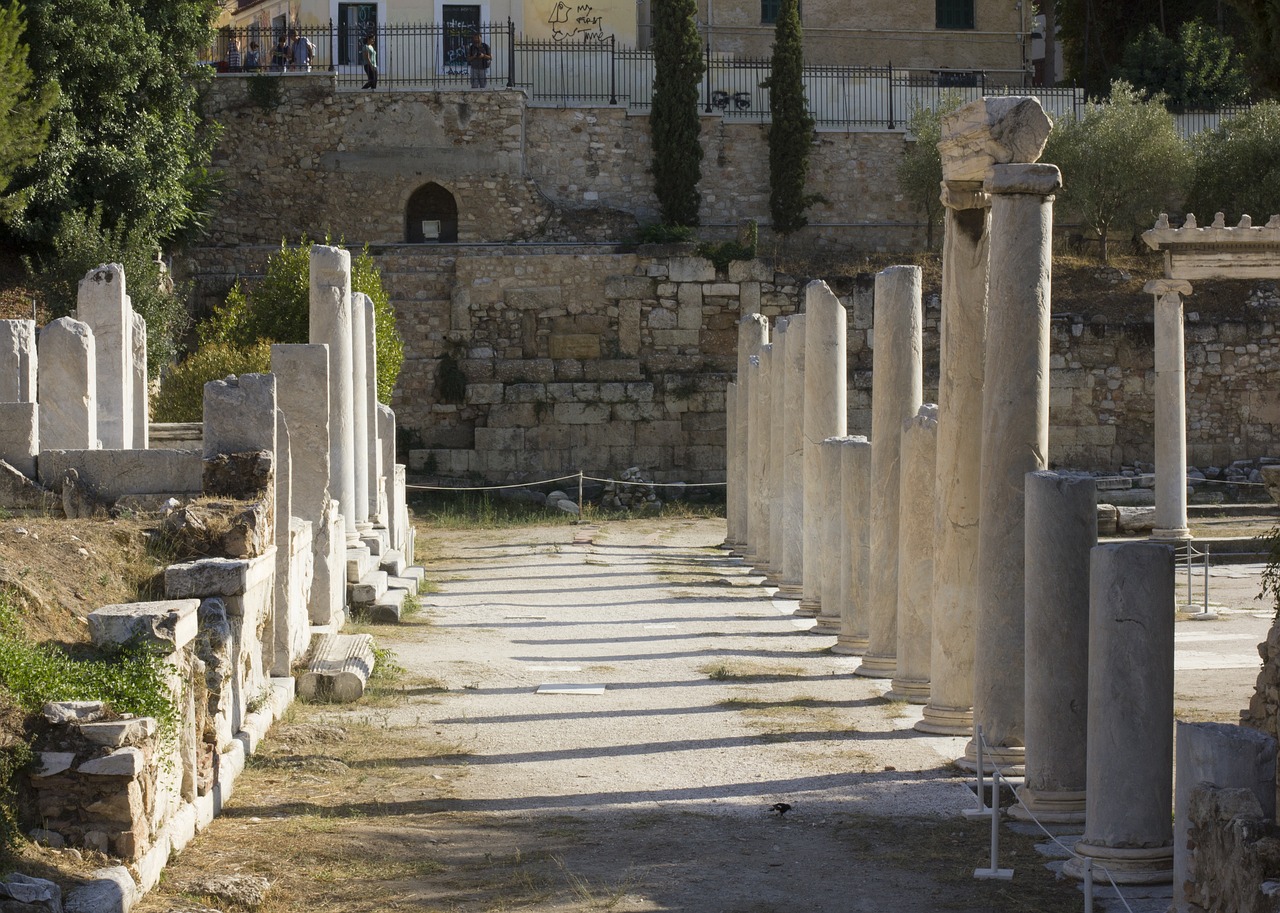
Philosophical Ideas
Ancient Greek city-states were renowned for their rich philosophical tradition, which laid the groundwork for Western philosophical thought. Philosophers like Socrates, Plato, and Aristotle delved into profound questions about ethics, politics, metaphysics, and logic. Socrates, known for his Socratic method of questioning, challenged conventional beliefs and encouraged critical thinking. Plato, a student of Socrates, founded the Academy and explored the nature of reality in his dialogues. Aristotle, a student of Plato, made significant contributions to logic, biology, and ethics, shaping the course of Western philosophy.
The philosophical ideas that emerged from Ancient Greek city-states continue to influence contemporary intellectual discourse. Concepts such as virtue ethics, the theory of forms, and the golden mean have become foundational in moral philosophy. The emphasis on reason, inquiry, and dialectic in ancient Greek philosophy has shaped the way we approach knowledge and understanding. These philosophical ideas not only reflect the intellectual curiosity of the ancient Greeks but also provide enduring insights into the nature of existence and human experience.
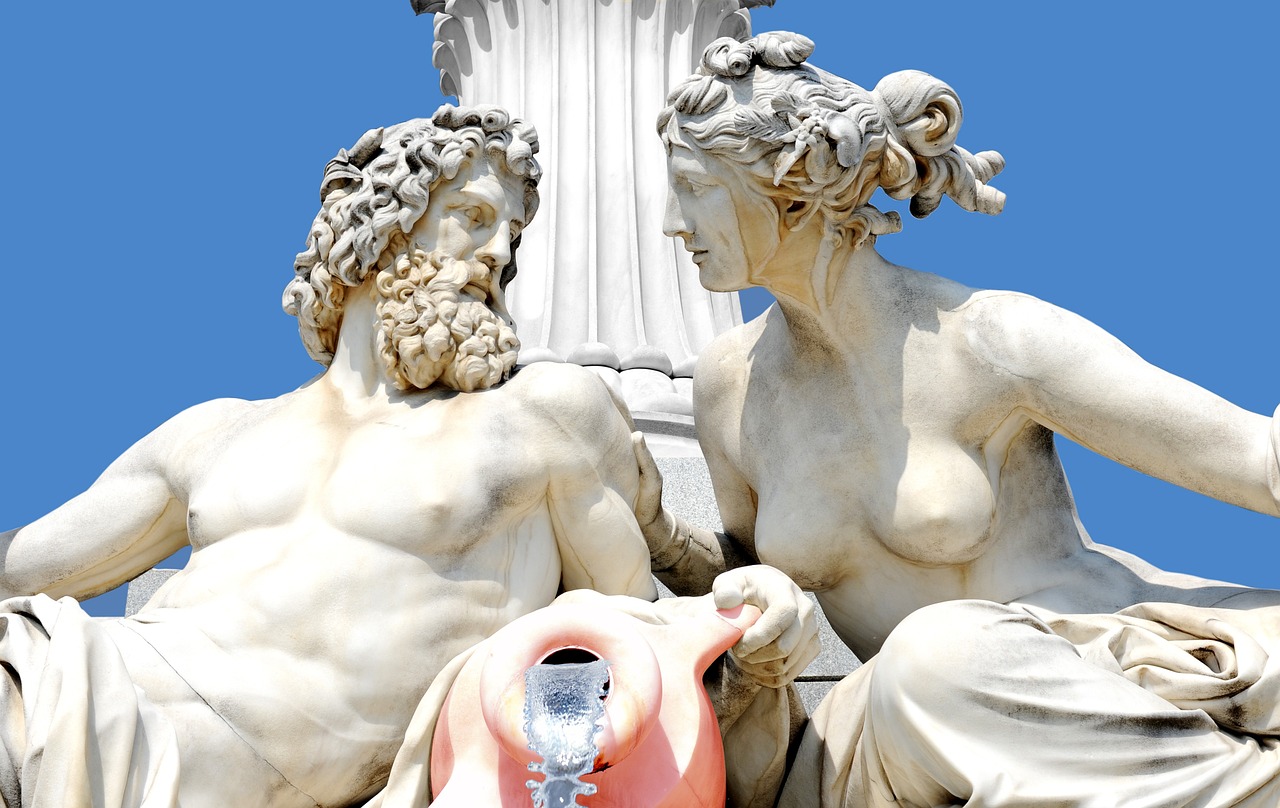
Artistic Expressions
Artistic expressions in Ancient Greek city-states were a vibrant reflection of the society's values, beliefs, and creativity. The art of this era encompassed a wide range of mediums, including sculpture, pottery, and painting, each contributing to the rich tapestry of Greek culture.
Sculpture played a significant role in Ancient Greek artistic expressions, with masterpieces like the Discobolus and the Venus de Milo exemplifying the idealized human form and beauty. These sculptures not only showcased the technical skill of the artists but also conveyed narratives of mythology, heroism, and everyday life.
Pottery, another essential art form in Ancient Greece, served both practical and aesthetic purposes. From intricately painted vases depicting scenes from Greek mythology to simple yet elegant drinking vessels, pottery was a canvas for artistic expression and storytelling.
Painting, though less prevalent in surviving artifacts, also played a role in artistic expressions in Ancient Greek city-states. Frescoes found in archaeological sites like Pompeii offer glimpses into the colorful and detailed paintings that adorned the walls of homes and public buildings.
The themes of Ancient Greek artistic expressions often revolved around beauty, mythology, and the human form. Artists sought to capture the essence of idealized beauty in their works, drawing inspiration from the natural world and the myths and legends that shaped Greek culture.
Overall, the artistic expressions of Ancient Greek city-states set a standard for creativity and aesthetics that influenced artistic traditions for centuries to come. Their legacy continues to inspire artists, art historians, and enthusiasts, serving as a testament to the enduring power of art to transcend time and culture.

Lasting Impact
The lasting impact of the Ancient Greek city-states transcends time and continues to shape various aspects of modern society. Their contributions in politics, art, philosophy, and culture have left an indelible mark on the world, influencing generations to come. One of the most significant legacies of the Ancient Greek city-states is the establishment of democratic principles that form the basis of many modern governments. The concept of citizen participation in governance, as seen in Athenian democracy, has been a guiding light for democratic movements worldwide.
Furthermore, the artistic and architectural achievements of the Ancient Greek city-states have set enduring standards of beauty and craftsmanship. The iconic structures such as the Parthenon not only stand as testaments to ancient engineering prowess but also serve as sources of inspiration for contemporary architects and artists. The emphasis on symmetry, proportion, and harmony in Greek art continues to influence artistic expressions across the globe.
In the realm of philosophy, the intellectual contributions of Greek thinkers like Socrates, Plato, and Aristotle have laid the groundwork for Western philosophical thought. Their inquiries into ethics, metaphysics, and logic have shaped philosophical discourse for centuries, providing a philosophical framework that still resonates in academic circles.
Moreover, the cultural legacy of the Ancient Greek city-states can be seen in the enduring relevance of Greek mythology, literature, and drama. The epic tales of gods and heroes, the timeless tragedies of playwrights like Sophocles and Euripides, and the poetic works of Homer continue to captivate audiences and serve as sources of inspiration for writers and artists.
Overall, the legacy of the Ancient Greek city-states is a testament to the enduring power of human creativity, intellect, and innovation. Their influence can be felt in the foundations of modern governance, the aesthetics of art and architecture, the depths of philosophical inquiry, and the richness of cultural expression. The impact of the Ancient Greek city-states serves as a reminder of the profound and lasting contributions that ancient civilizations have made to the tapestry of human history.
Frequently Asked Questions
- What were the main types of political systems in Ancient Greek city-states?
Ancient Greek city-states had various political systems, including democracies, oligarchies, and tyrannies. These systems played a crucial role in shaping the political landscape of the ancient world.
- How did the cultural contributions of Ancient Greek city-states impact Western art and culture?
The cultural contributions of Ancient Greek city-states, such as literature, drama, and sculpture, continue to influence Western art and culture to this day. Their artistic achievements set high standards for creativity and aesthetics.
- What were the key military strategies employed by Ancient Greek city-states?
Ancient Greek city-states utilized innovative military strategies like the phalanx formation and naval tactics, which were instrumental in their victories against formidable opponents like the Persian Empire.
- How did the economic practices of Ancient Greek city-states shape modern economic principles?
The economic practices of Ancient Greek city-states, including trade, currency usage, and market systems, laid the foundation for modern economic principles and practices. Their advancements in commerce and banking were groundbreaking.
- What were the social structures like in Ancient Greek city-states?
Social structures in Ancient Greek city-states were hierarchical, with distinct roles for citizens, metics, and slaves. These structures influenced social norms and interactions within the community.
- What were some notable architectural achievements of Ancient Greek city-states?
Ancient Greek city-states produced remarkable architectural feats like the Parthenon, showcasing advanced engineering and design. These structures continue to inspire architects worldwide.
- Who were some influential philosophers from Ancient Greek city-states?
Ancient Greek city-states were home to renowned philosophers like Socrates, Plato, and Aristotle, whose ideas on ethics, politics, and logic remain foundational in intellectual discourse.
- How did the artistic expressions of Ancient Greek city-states impact the ancient world?
The artistic expressions of Ancient Greek city-states, including sculpture, pottery, and painting, set standards for creativity and aesthetics in the ancient world. Themes of beauty and mythology were prevalent in their works.
- What is the lasting impact of Ancient Greek city-states on contemporary society?
The legacy of Ancient Greek city-states endures in modern politics, art, philosophy, and culture, shaping contemporary society in various ways, from governance to education to aesthetics.






